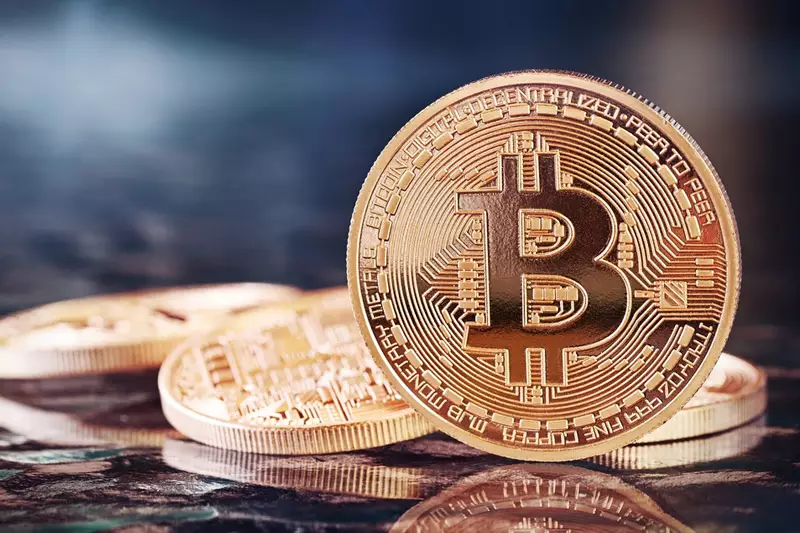Renowned financial educator Robert Kiyosaki, the author of the influential book “Rich Dad Poor Dad,” has consistently shared his views on investment strategies and market trends. Recently, he took to social media to discuss Bitcoin’s surge toward the elusive $100,000 price point, sparking conversation about the cryptocurrency’s potential and its implications for investors. Kiyosaki’s emphasis on Bitcoin isn’t merely an endorsement of the asset class; it’s an insightful commentary on the evolving financial landscape, which he feels requires a fundamental transformation.
While Kiyosaki commends Bitcoin and champions industry figures like Michael Saylor—CEO of MicroStrategy—he does not shy away from the controversy surrounding them. His latest remarks indirectly critique a figure in the gold investment space who has been vocally opposing Saylor’s aggressive accumulation of Bitcoin as a reserve asset. Although unnamed, this individual likely refers to frequent Bitcoin antagonist, Peter Schiff, a well-known proponent of gold as the ultimate store of value. Kiyosaki’s rebuttal illustrates a rift in traditional versus contemporary asset discussions, wherein Bitcoin is increasingly embraced by some as a hedge against inflation and economic instability while being dismissed by others.
Kiyosaki has positioned himself as a strategist who draws inspiration from Saylor’s tactics, admitting he tailors these tactics to fit his investment size. Aiming for wealth creation and enhanced job security in uncertain financial climates, Kiyosaki favors a diversified portfolio that includes Bitcoin, gold, and silver. His assertion that these are the quintessential safe havens is backed by a profound skepticism towards traditional fiat money systems, particularly criticizing the Federal Reserve’s policies and the broader monetary mechanisms in play. His narrative suggests that the current economic structure is fraught with challenges that necessitate a shift in how people perceive value.
The Call for Monetary Reform
Kiyosaki’s call for reform is rooted in an urgent desire to shift the monetary paradigm to safeguard individual wealth. The existing reliance on printed currencies by central banks has, in his view, rendered traditional investments increasingly precarious. By urging followers to prioritize assets like Bitcoin and precious metals, he promotes a vision where individuals reclaim their financial autonomy, insulating themselves from systemic risks.
As Bitcoin continues to flirt with the $100,000 threshold, Kiyosaki remains optimistic, forecasting not just its imminent rise but also positioning it as a vital component of future financial strategies. His discussions shed light on not just Bitcoin but also the philosophical and practical frameworks that underpin modern investing. Kiyosaki’s advocacy for Bitcoin reflects a broader movement recognizing the need for adaptable, future-focused financial strategies in a rapidly evolving economic landscape. The implications of his insights may resonate with many seeking opportunities in market instability while pushing for fundamental changes in how we perceive wealth and investment.

